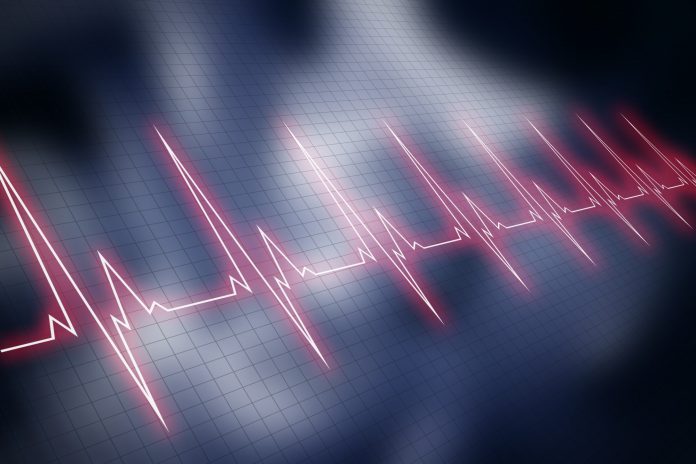Australian digital health company, Cardihab and medical research organisation, the Baker Heart and Diabetes Institute have reportedly entered into a five-year agreement to conduct clinical trials and cohort studies that provide evidence of the effectiveness of digital approaches to cardiovascular disease management, rehabilitation, prevention and treatment.
“The outcomes of these clinical trials and studies will impact on the lives of more than 4.2 million people with heart or vascular disease around the country,” says Cardihab Chief Executive Officer Helen Souris.
“It will further demonstrate how digital health is delivering options for rehabilitation and secondary prevention that improve patient choice leading to greater uptake and better outcomes.
“Digital solutions that empower patients to proactively manage their health while reducing the pressure on hospitals and staff are essential given the burden of disease and vulnerability of patients, particularly during Covid-19 constraints.
“Clinically-validated digital health programs are vital for people who cannot attend traditional face-to-face clinics, people living in regional and remote areas and patients who are less mobile.”
The clinical trials will also facilitate world-leading research into the application of digital cardiac rehabilitation in new areas such as cardio-oncology.
Ms Souris said there was a significant need for risk-guided rehabilitation programs for people who survive cancer but develop cardiovascular disease associated with cancer treatment.
“There are a number of cardioprotective strategies that can be implemented to support patients during and after their cancer treatment,” says Ms Souris.
“Risk-guided Digital cardiac rehabilitation as part of a program of care could be an effective solution that helps manage heart problems in cancer patients and assist in improving their quality of life.
“Digital solutions such as Cardihab will enable clinicians to deliver individualised and tailored support for cancer patients at risk with the ability to monitor their care without the need for regular face-to-face consultations.”
Baker Heart and Diabetes Institute Professor Tom Marwick says the Institute was committed to secondary prevention and ensuring people who had a cardiovascular event like a heart attack did not suffer another one.
Solutions which support patients to self-manage chronic long-term conditions such as cardiovascular disease, particularly during challenging Covid-19 lockdowns, are important, he adds.
“The evidence shows that cardiac rehabilitation optimises patient outcomes and reduces cardiovascular risks, and we need to make it as easy and accessible as possible to ensure participation,” says Professor Marwick.





